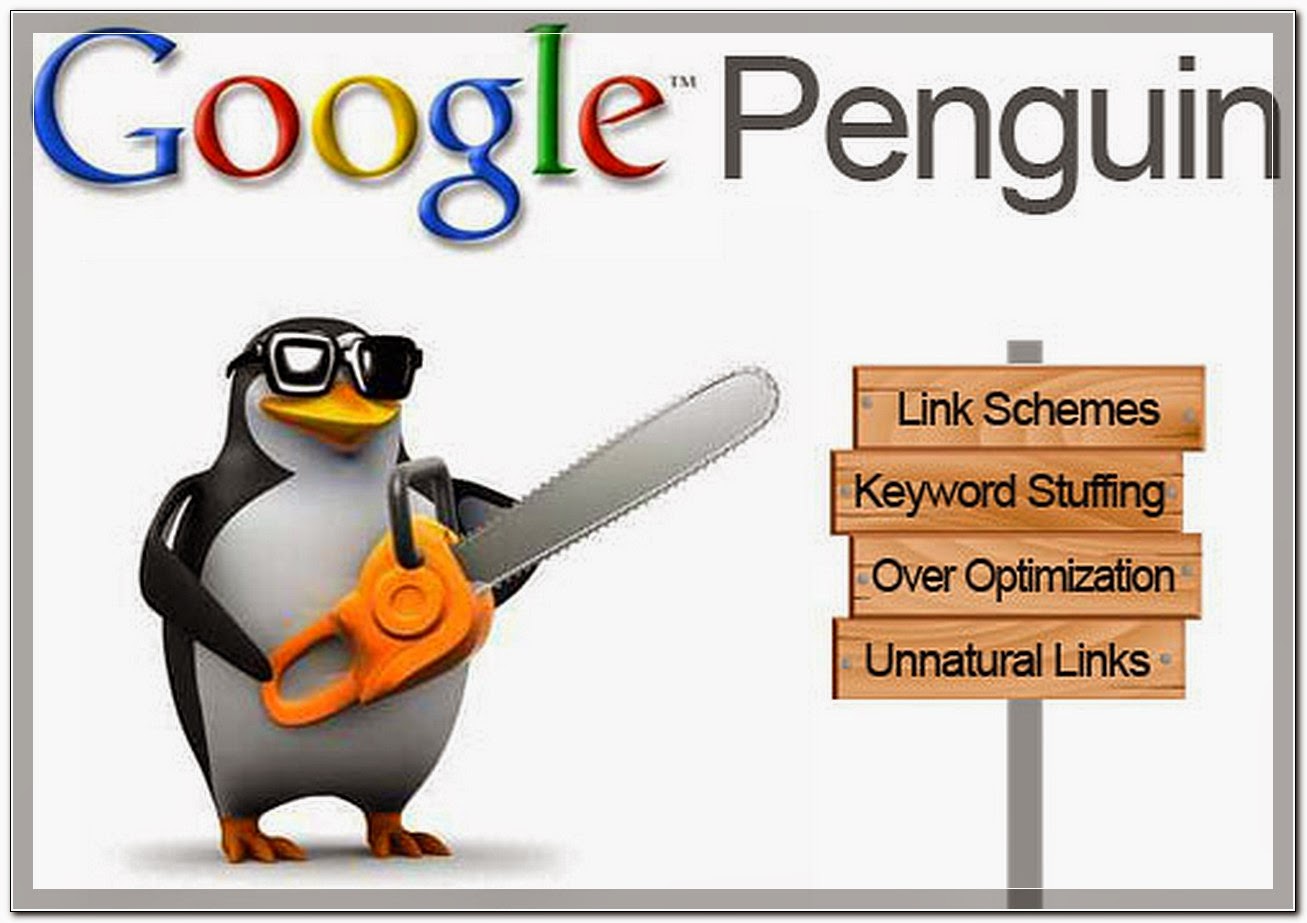Introduction
Google has one again shook up the SEO market with another update to the way that the search engine finds and references content. The previous update (called the Panda Update) broke the connection between search engine rankings and the over use of keyword strategies to fool the algorithm. The Penguin update is now maturing - on release #5 - and was designed to yet again overcome some SEO techniques that were proliferating and making the search results skew in a particular direction.
What is Penguin?
Google is in a constant battle against spam. That has led to the creation of yet another animal-named update, known to the world as the Google Penguin. This update is specifically to reduce cyber traffic and give low ranks to link-schemed websites, the update has been a success in raising the bar for the standard of SEO in websites; though many sites have fallen foul of the update accidentally and as a consequence not everyone is singing Google's praises.
What's the #5 update for?
- link relevance
- low quality back-links
- automated queries being sent to Google
- content duplication
- hidden links or texts
Any other kind of black-hat techniques which are the algorithm’s target will also have alarm bells ringing at Google's end and should be avoided. If your web presence includes any of these things then you might have noticed a sudden drop in the traffic on your site. This will be a case of needing to make some small adjustments.
What are the best tips following on from the #5 update?
- Optimise the content sent to search engines, and help make your pages relevant to the keywords you submit.
- Look out for malicious content being promoted on your site.
- Avoid any kind of black-hat technique such as keyword stuffing and cloaking.
- Avoid automatic-query sending products.
- Work on loading time with the help of Page Speed or YSlow.
- Keep check of broken links, and maintain the quality of content.
- Under no conditions should one go for plagiarism or duplicated work!
- Divert your links and keep different anchor texts.
- Though guest posting is nice, it’s important for bloggers to know that Google takes these as back-links, and are a negative point to your site.
- Integrate your site with as many social sites possible, especially Google Plus!
Tips and Tricks
- Make unique and genuine content – User experience is important
- Its better to take a new domain and shift the content to it.
- Never use blogroll links in your website/blog
- Go social – promote your site via Facebook, Twitter, Digg, and Google Plus
- Check your site internal linking and the anchor text associated with that.
- Get more quality back links.
- Identify the poor links and try to remove them by requesting the site owners and then go for the Google Reconsideration Request

No comments:
Post a Comment